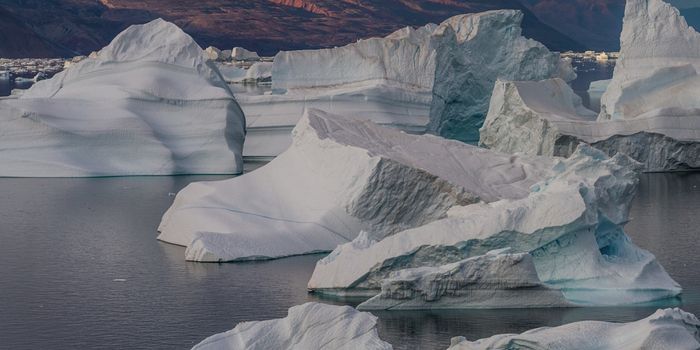Climate Change Causing Hot Trouble for Lakes
A recent study from a collaborative research team and published in BioScience discusses how consequences from climate change can potentially affect any of the more than 100 million lakes across the globe. The study was conducted by researchers from Bangor University, Wales, York University, and Queen’s University. The team found that increased water temperatures can have drastic impacts on cultural and recreational activities and local economies, not just water quantity and quality. More in-depth impacts include changes in food chain systems, reductions in dissolved oxygen, an increased risk of cyanobacterial algal blooms, as well as habitat loss for native cold-water fish. Algal blooms are of particular interest for environmentalists as they can reduce an aquatic environment’s food supply, leading to whole populations either leaving an area or dying off entirely.
"Climate change has far-reaching social and ecological repercussions, but the impacts of climate change, combined with other environmental pressures, are often little understood and the significance of them has not been appreciated at a global level," says Dr. Sapna Sharma of York University’s Faculty of Science. "There is still much work to be done."
Like with most climate change impacts Increased water temperatures of lakes also reduces the presence of ice, as the amount of ice-free time decreases leading to increased evaporation and lower water levels. This can have an effect not just on wildlife but on recreational activities, as well, to include ice fishing and hockey.
"The ecological consequences of climate change coupled with the impacts of extreme climate events are already occurring in lakes globally and will continue to do so in the future, often without warning or time to adapt," says Dr. Reader R. Iestyn Woolway of Bangor University, Wales. "The results of these kinds of changes have been felt in lakes from Algonquin Park in Ontario to Lake Chad in Africa, the English Lake District in the U.K. to Lake Mead in the United States."
One extreme example of water level decreases is lake Chad, which borders the African countries of Chad, Cameroon, Niger, and Nigeria. While Lake Chad has been historically ranked as one of the largest lakes in Africa, its water levels have decreased considerably as a result of both increased precipitation and evaporation.
The research team hopes that technological advances in remote sensing and environmental DNA will open doors for better understanding how lakes respond to climate change going forward.
Sources: BioScience, United States Environmental Protection Agency, United States Environmental Protection Agency (2)
As always, keep doing science & keep looking up!









